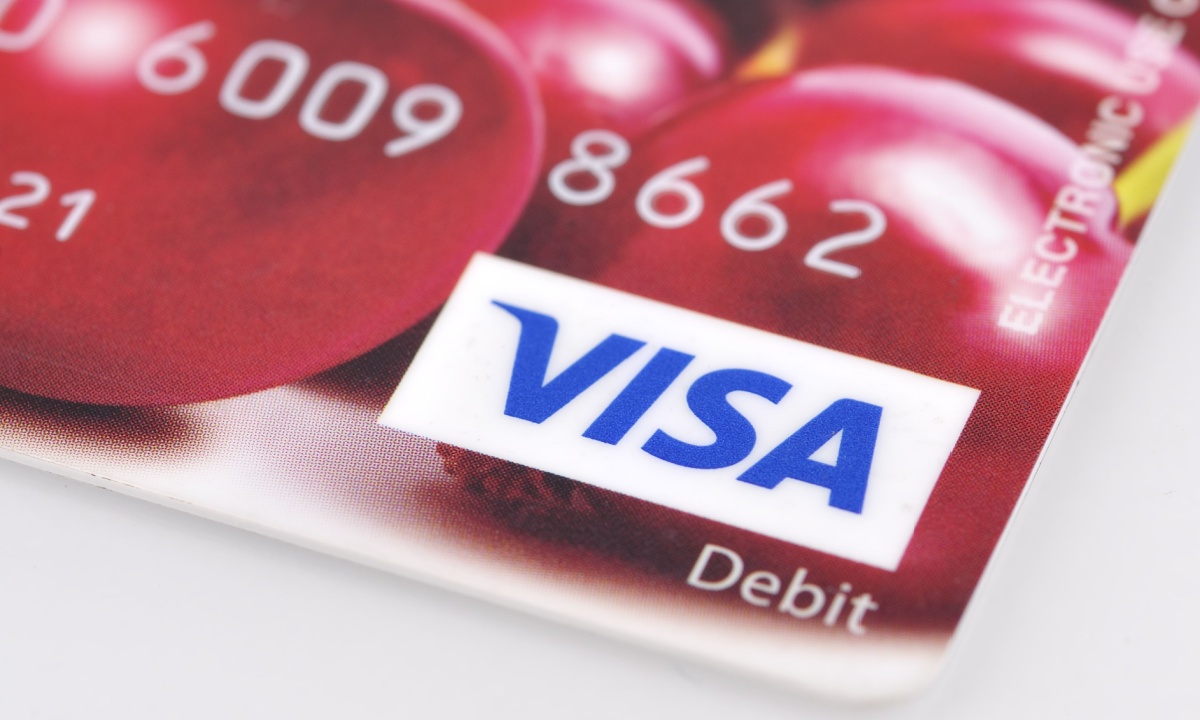
By: Robert Kuttner (The American Prospect)
The Biden Justice Department and Federal Trade Commission continue to push boundaries in their mission to revive antitrust enforcement against a capitalist system that has become increasingly concentrated and exploitative. The latest major move is a Justice Department lawsuit filed on Tuesday against Visa, which, along with Mastercard, effectively controls the credit card network market as a duopoly.
Visa holds about 60 percent of the merchant debit payment market, raking in approximately $7 billion annually in swipe fees within a credit card industry that handles around $4 trillion in yearly transactions. The suit lays out how Visa employs a mix of illegal incentives and penalties to stifle competition and maintain its market dominance, enabling it to charge these excessive fees.
Every time you swipe your credit card, the merchant receives only about 97 to 98 cents on the dollar. The remaining amount is pocketed by Visa and the issuing bank. This cut would be significantly lower if there were more competition in the credit card industry. While consumers might not notice those extra two or three cents, Visa certainly does.
“Visa maintains its dominant position,” the suit asserts, “not by competing on a level playing field but by shielding itself from competition through exclusionary and anticompetitive practices. Visa leverages its size, scale, and pivotal role in the debit transaction ecosystem to punish those who switch to a different debit network or companies that could develop alternative debit products.”
Visa views fintech innovations like Apple Pay and PayPal as existential threats to its monopoly pricing power. The Justice Department cites Visa board materials that acknowledge Visa’s strategy to “partner with emerging players before they become disruptors.” As a result, Visa offers lucrative incentives, sometimes amounting to hundreds of millions of dollars annually, “to these potential competitors under the explicit condition that they refrain from developing a competing product or engaging in practices that could undermine Visa’s dominance.” It also imposes or threatens exorbitant fees on companies that refuse to comply with its rules.
Featured News
Belgian Authorities Detain Multiple Individuals Over Alleged Huawei Bribery in EU Parliament
Mar 13, 2025 by
CPI
Grubhub’s Antitrust Case to Proceed in Federal Court, Second Circuit Rules
Mar 13, 2025 by
CPI
Pharma Giants Mallinckrodt and Endo to Merge in Multi-Billion-Dollar Deal
Mar 13, 2025 by
CPI
FTC Targets Meta’s Market Power, Calls Zuckerberg to Testify
Mar 13, 2025 by
CPI
French Watchdog Approves Carrefour’s Expansion, Orders Store Sell-Off
Mar 13, 2025 by
CPI
Antitrust Mix by CPI
Antitrust Chronicle® – Self-Preferencing
Feb 26, 2025 by
CPI
Platform Self-Preferencing: Focusing the Policy Debate
Feb 26, 2025 by
Michael Katz
Weaponized Opacity: Self-Preferencing in Digital Audience Measurement
Feb 26, 2025 by
Thomas Hoppner & Philipp Westerhoff
Self-Preferencing: An Economic Literature-Based Assessment Advocating a Case-By-Case Approach and Compliance Requirements
Feb 26, 2025 by
Patrice Bougette & Frederic Marty
Self-Preferencing in Adjacent Markets
Feb 26, 2025 by
Muxin Li